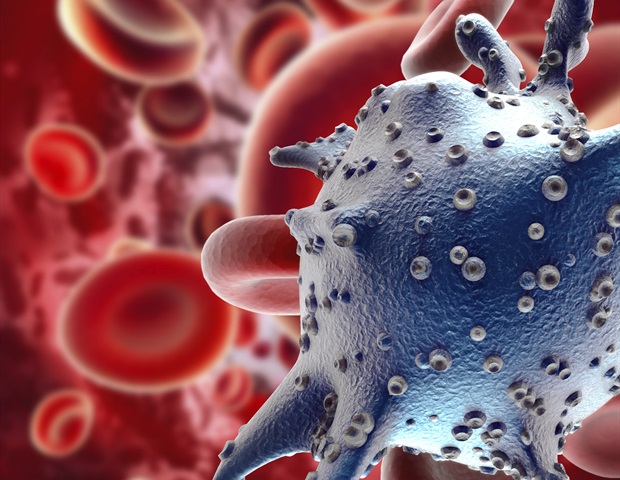Clinical Trials
We strives to be the global brand dealing with quality products and having ethical practices at its core.
Clinical Trials
A clinical trial is a carefully planned study with human volunteers to find out if a treatment is safe and effective. This kind of scientific study is key to all medical advances because it helps answer these questions:
- Does the treatment work?
- Does it work better than other treatments for the same condition?
- Is it safe for different groups of patients?
Each clinical trial focuses on finding a better way to understand, prevent, diagnose, or treat a disease. All clinical trials are scrutinized by outside experts to make sure the health of the participants is safeguarded. In addition, different phases of trials must be carried out to track safety and efficacy before a new treatment is approved and made widely available.
Mercury Pharmaceuticals biotech mindset, combined with the scale and advantages of a global pharmaceutical company, has established us as a development powerhouse in our core areas of focus. A global network of healthcare professionals help us test new treatments and ensure their efficacy and safety by conducting studies called clinical trials.
We have therapeutically-aligned teams, global expertise in regulatory affairs, patient safety and medical affairs, as well as a proven ability to bring new, life changing therapies successfully through clinical development.
How to Participate
Every person on faculty and staff at Mercury Pharmaceuticals is dedicated to providing you with the very best care possible. To learn more about clinical trials, the potential benefits and risks, or to find out if and which clinical trial is right for you, please
send us a message.
OUR PIPELINE
This pipeline information was last updated on 20 February, 2026.
MC-CV100 is an inhaled, targeting the SARS-CoV-2 viral genome for the potential treatment and/or prevention of COVID-19.
MC-D101 is a biologic entity being studied for the treatment of cardiovascular disease.
MC-C852 is a chemical entity being studied for the treatment of cancer.
MC-T176 is a large molecule being studied for the treatment of autoimmune diseases.
Unique, disease modifier mechanism of action to prevent and treat mucositis caused by cancer therapy. Strong preclinical evidence that supports the MoA.
Validated and safe API for the treatment of atopic dermatitis and psoriasis using an innovative topical formulation. Clinical PoC results by 2027.
Injectable product with strong nephroprotective activity in animal models. Clinical PoC by 2027.
Herb extract: An allergoid preparation of grass pollen extract for subcutaneous injection.
MC-H19016 aims to treat hemophilia and rare bleeding disorders for subcutaneous injection.
MC-H19018 is a subcutaneously administered, investigational RNAi therapeutic targeting proprotein convertase subtilisin kexin type 9 (PCSK9) in development for the treatment of hypercholesterolemia.
MC-H19021 is a subcutaneously administered, investigational RNAi therapeutic targeting the hepatitis B virus (HBV) genome for the treatment of chronic HBV infection by our collaborators at Vir Biotechnology. ALN-HBV02 is designed to inhibit expression of all HBV proteins, including hepatitis B surface antigen (HBsAg).
Tree extract: A liquid preparation containing tree pollen extract for sublingual use.
MC-0P-23908 aims to repair the mutation in the eye, leading to normal ABCA4 protein which will potentially stop and perhaps reverse the progression of the disease.
MC-K326 aims to treat non-alcoholic steatohepatitis (NASH) for subcutaneous injection.
Clinical stage product with proven safety repositioned to treat aortic aneurism. Very solid preclinical evidence. Clinical PoC in Marfan syndrome patients by 2027
Clinical stage product with proven safety repositioned to treat complement-mediated diseases for subcutaneous injection.
Immunomodulatory naturally occurring blood-protein that induces tolerogenesis in dendritic cells, to treat rheumatoid arthritis, lupus nephritis, IBD and other autoimmune diseases. Preclinical candidate ready to start regulatory development
Peptide with novel, targeted immunomodulatory mechanism of action, superior safety profile over current biologics, and displaying a low manufacturing cost. In vivo evidence in IBD animal model. MC-K341 targets SAA and IL1β. Next relevant value milestone:
Human naturally occurring protein that increases survival and ameliorates behavior and histochemical readouts. Preclinical PoC in ALS model in 2013.
OBJECT
Previous results showed that, after intraperitoneal administration of 50 ng of MC-K330-01 to no symptomatic mSOD1G93A mice, treated animals resulted in increased survival, delayed onset of disease and improved the general state.
In the current project, it is proposed to study the effect of MC-K330-01 when administered to symptomatic SOD1G93A mice in early stages of illness (from day 50, subcutaneous administration, 3 times per week).
CONCLUSIONS
Therapeutic potential of the compound was evaluated in SOD1G93A ALS mouse model. The drug was delivered subcutaneously in postnatal day 50 female/male mice. Behavioral tests (rotarod, catwalk gait and open field analysis system), electromyography, onset of disease, mouse survival, immunohistochemical, histological and NMJ analysis were used to evaluate the effect of treatment in the ALS model.
Marginal but not significant efficacy of tested compound was observed with Catwalk gait analysis and NMJ pathology. Other parameters showed no significant effects of the treatment in SOD1G93A.
Disclaimer
The information above reflects Mercury Pharmaceuticals clinical development pipeline and this is not intended for promotional purposes. There are significant risks and uncertainties in pharmaceutical research and development. Scientific and regulatory hurdles may cause pipeline molecules to be discontinued or delayed, or to fail to reach the market. There can be no guarantee that pipeline molecules will receive regulatory approval or that they will prove to be commercially successful. Our pipeline information is usually updated at the end of every week, how ever Mercury Pharmaceuticals assumes no duty to update this information.
Last updated: 20 February, 2026.




